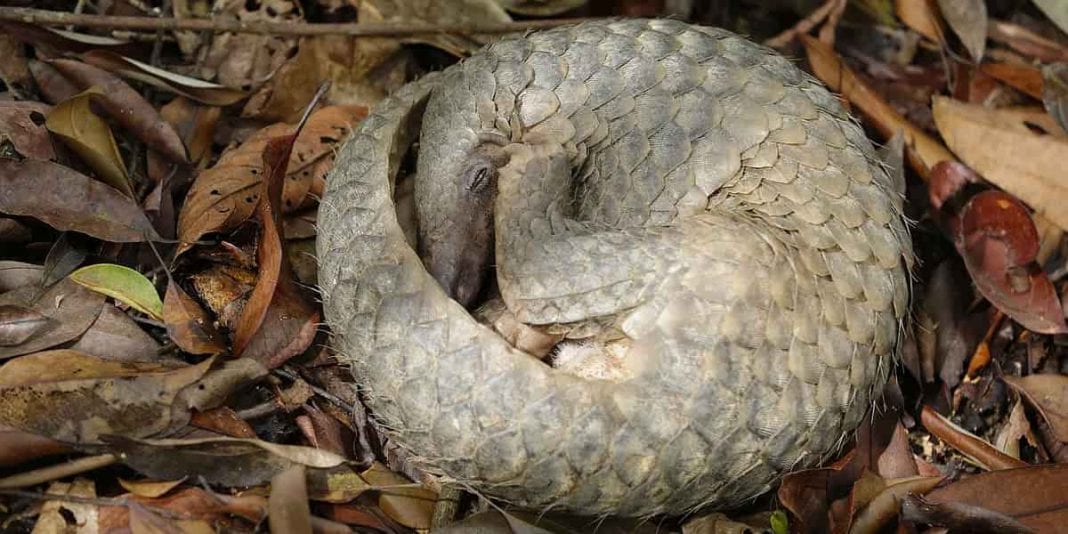Este pequeño animal solitario y lleno de escamas se llama Pangolín y tristemente es uno de los animales más perseguidos por los traficantes en el mundo.
Esta pequeña especie es principalmente nocturna y fácil de reconocer gracias a su armadura llena de escamas.
Conoce cuales alimentos pueden resultar tóxicos para tu gato
Cuando se asusta, cubre su cabeza con sus patas delanteras, exhibiendo sus escamas ante cualquier posible depredador. Si se toca o se sujeta, se enrolla completamente en forma de bola, mientras que las afiladas escamas de la cola las puede usar para atacar.
Desafortunadamente lo cazan cada vez más por su carne y escamas, principalmente en Asia y ahora en grandes cantidades en África.
Las ocho especies de pangolines se encuentran distribuidas en dos continentes y están consideradas como especies vulnerables y hasta en peligro crítico de extinción.
Policía asfixia a un hombre hasta dejarlo inconsciente
Las ocho especies de pangolines están protegidas por leyes nacionales e internacionales y dos de ellas están incluidas en la categoría de En Peligro Crítico, según la Lista Roja de Especies Amenazadas de la Unión Internacional para la Conservación de la Naturaleza (UICN).
¿Es el pangolín el mamífero más traficado en el mundo?
El pangolín tiene una gran demanda en países como China y Vietnam, donde su carne se considera un manjar y las escamas son utilizadas en la medicina tradicional y remedios caseros para tratar una variedad de dolencias como el asma, el reumatismo y la artritis.







